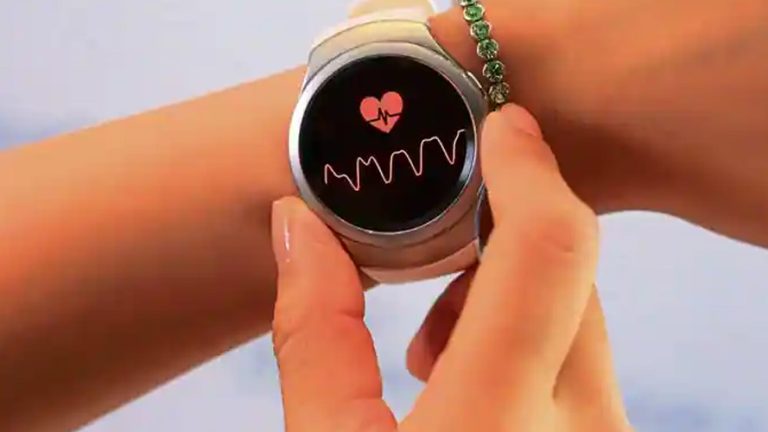The femtech industry for women’s health is more than just periods and fertility tracking
In 2016, businesswoman Ida Tin invented the term “femtech.” She coined the term to describe any digital product, service, or software designed to support women’s health and well-being. The clue is a period tracking app that she founded. It’s an expanding sector that cares about women’s needs in terms of their general health, not just problems with their periods and fertility. For the overall healthcare of women, the femtech sector provides solutions.
Future investment is anticipated to increase in the femtech market, one of the fastest-growing markets of healthcare industries. Currently, there are 821 femtech businesses with a median post-valuation of $12.92 million, supported by 2819 investors with 2,384 agreements, the greatest of which reached $1 billion, and a total of $16.24 billion capital spent thus far.
According to PitchBook, the global femtech market generated over $820 million in 2019 and is anticipated to reach $3 billion by 2030. Femtech startups made significant strides in 2021, and several of them received significant acquisitions. Flo, an app that uses data science and AI to track different stages of a woman’s reproductive cycle from menstruation to menopause, has received $50 million. A $110 million investment deal was made in Maven Clinic, a digital platform that provides women’s health services through a network of physicians and specialists.
Femtech is addressing gaps in the wellness and healthcare of women. Women’s health has historically received little attention. The Femtech industry has the potential to transform the lives of millions of women globally by utilizing tech solutions to reach out to them and provide them with goods and services that they had previously been unable to access.
It’s no secret that women are strong, and easier access to services and options tailored specifically to women gives everyone the capacity to take control of their own health. Delivering reproductive items for at-home use, such as birth control or pregnancy testing, is the main emphasis of many femtech solutions. Women can track their periods and fertility-related issues and take control of their entire sexual health with the aid of other alternatives like period and fertility apps.
Talking openly about women’s health is still frowned upon, despite the positive rise in the femtech market and the growing interest in femtech. Taboos in the medical field can be fatal. Fortunately, this practice has been changing. It used to be uncommon for male doctors to discuss reproductive health with their female patients. Tech solutions can facilitate these discussions, assist in normalizing the discussion of sexual health, and offer necessary knowledge.
For instance, one in ten new mothers experience serious postpartum depression symptoms in silence and are ashamed to talk about it. A woman’s health may benefit if she uses telehealth services to get mental health care at these critical times.
Femtech industry is about much more than period tracking and fertility planning, despite the fact that popular femtech apps have brought these topics into the light. Women’s health issues include endometriosis, PCOS (Polycystic Ovary Syndrome), disability, and mental health are still mostly ignored.
Women who belong to an ethnic minority or live in low-income areas have had considerably worse outcomes, although women as a whole have historically received inadequate healthcare. Black women had a four times higher risk of dying from pregnancy or childbirth difficulties than white women, according to a new analysis by MBRRACE-UK. The risk is doubled for women of Asian ancestry. Digital solutions that are available to Black, Asian, and low-income women can enhance their general wellness, maternity outcomes, and healthcare equity for all women.
The femtech industry provides treatments for a wide range of health issues affecting women’s general wellness, including chronic illnesses, hormone imbalances, menstruation, and care products, birth control and fertility treatments, menopause, pelvic health, sexual wellness, and many more.





Add comment